Two giants swing it out in Olympian battle for Games top job
The two men vying to replace AOC boss John Coates have made sharply contrasting closing pitches to the delegates who will decide the tenaciously fought election on Saturday.
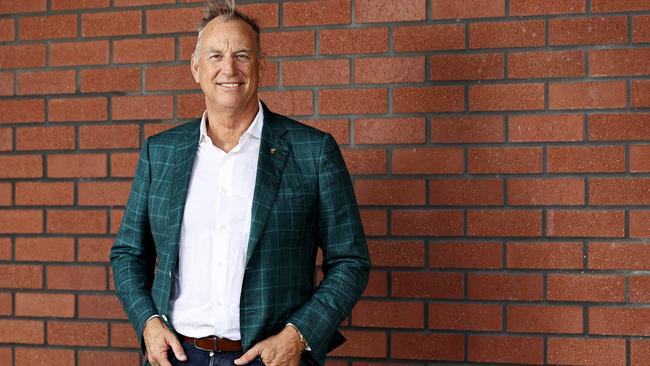
The two men vying to replace Australian Olympic Committee boss John Coates as the nation’s top sports administrator have made sharply contrasting closing pitches to the 93 voting delegates who will decide the tenaciously fought election on Saturday.
Swimming great and accomplished businessman Mark Stockwell, 58, presents as the change agent to “renew” the AOC after 32 years of Mr Coates’ strong and often uncompromising leadership.
Mr Coates’ longserving deputy and team leader at last year’s Tokyo Games, Ian Chesterman, 63, is the veteran insider promising to build on the success that landed Australia two Olympics inside a generation.
Asked what he would bring to the role of AOC president, Mr Chesterman told The Weekend Australian: “An enormous amount of experience. I understand the entire Olympic ecosystem. I have been involved in the AOC for a long time and I know the world of Olympic Games and the world of the IOC exceptionally well.
“So I think after, a long engagement with the Olympic movement, I am really well qualified to put my hand up for the job, and I am excited about what the future offers.”
But Mr Stockwell insisted the AOC needed shaking up, and he was the man to do it.
“For too many years the power in the Olympic movement has sat in the hands of a select few when the real power sits with the sports – they do all the heavy lifting,” he said.
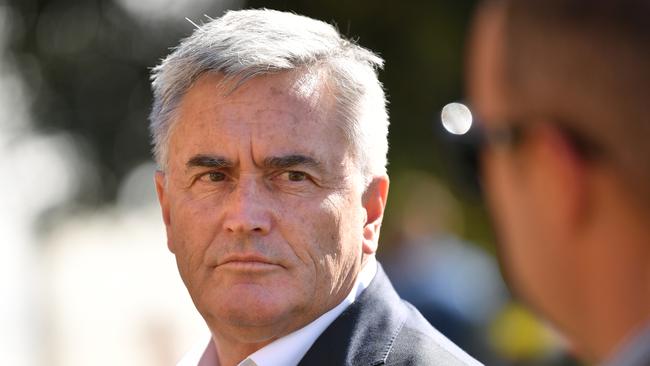
“They have got to run their sport, they drive participation, deliver the athlete. And my message to the delegates is that this is an opportunity through that vote to exercise the power for renewal.”
Like that other election showdown between Scott Morrison and Anthony Albanese, campaigning in the AOC presidential race has been fast and furious. Both candidates have touted for support in person, on the phone, via Zoom. Mr Stockwell also set up a dedicated website to press his case.
The vote, at the AOC annual general meeting in Sydney, will be by secret ballot of the 93 electors – and first past the post wins.
Neither contender was prepared to predict the outcome.
“It’s a two-horse race, me and Ian Chesterman, and I reckon I am a 50-50 chance,” Mr Stockwell said.
Mr Chesterman said: “Forty-seven is the magic number, but it’s a secret ballot and you have no way of knowing how you are going until the number is called out where everything falls. I am hopeful.”
Both agree that the opportunities of the 2032 Brisbane Olympics must be seized to deliver lasting benefits to the host region, the nation and the sports concerned.
Mr Stockwell said he wanted to empower the AOC board to get more involved. Each non-executive director would be assigned five Olympic sports and represent their interests to the Olympics’ decision-makers.
“As president, I would want a direct relationship with each (sports federation) president, where they have my direct number and are comfortable to talk to me when they need help,” he said. “That’s a pretty big change.”
Asked whether his selling point was continuity from Mr Coates, Mr Chesterman pointed to his record as chef de mission of six Australian Winter Olympics teams and the challenging role at the postponed 2020 Tokyo Games, held in the teeth of the pandemic last July-August.
“I think I have been able to establish my own style of leadership … and I think our sports understand my leadership style,” Mr Chesterman said.
“They also know I am a team-builder, and that would be a very important part of what I would do.”
If their ambitions for the AOC are different, so is their backgrounds.
After his stellar career in the pool culminated in three medals at the 1984 Los Angeles Games, Mr Stockwell went into the family business in Brisbane and helped create a multimillion-dollar property development concern. He is married to champion US Olympian Tracy Caulkins who, as president of Swimming Australia, had a vote in the AOC ballot until she recused herself.
Mr Chesterman ran a successful public relations business for 30 years while cementing his reputation as a popular figure in the Olympic movement.


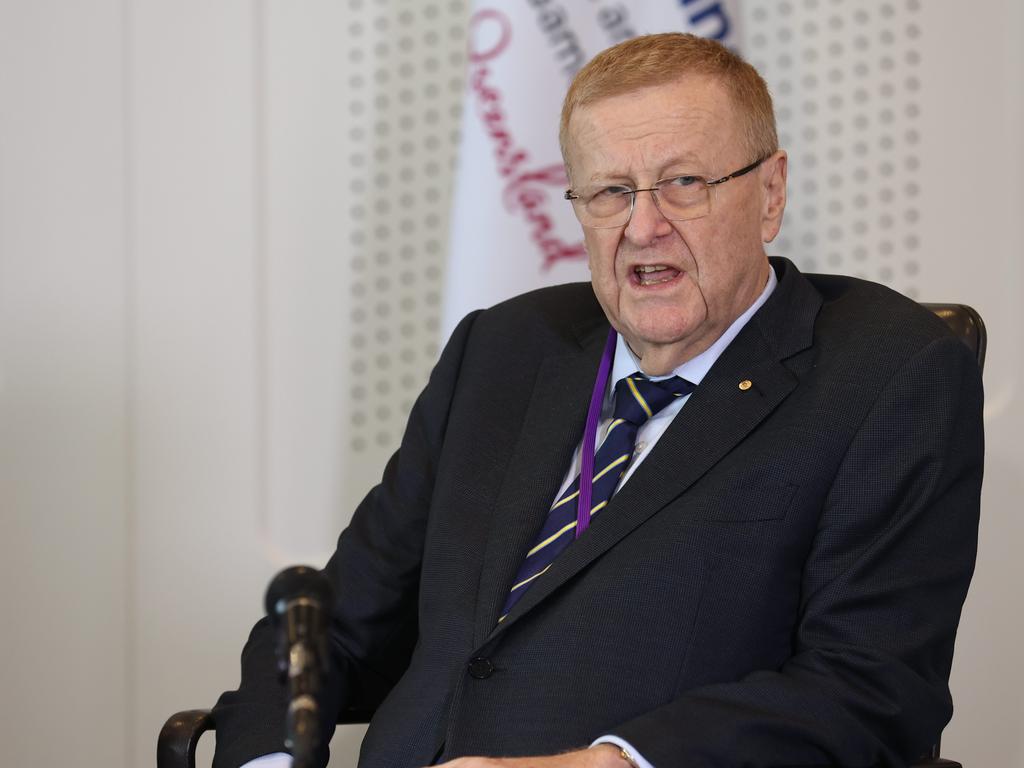
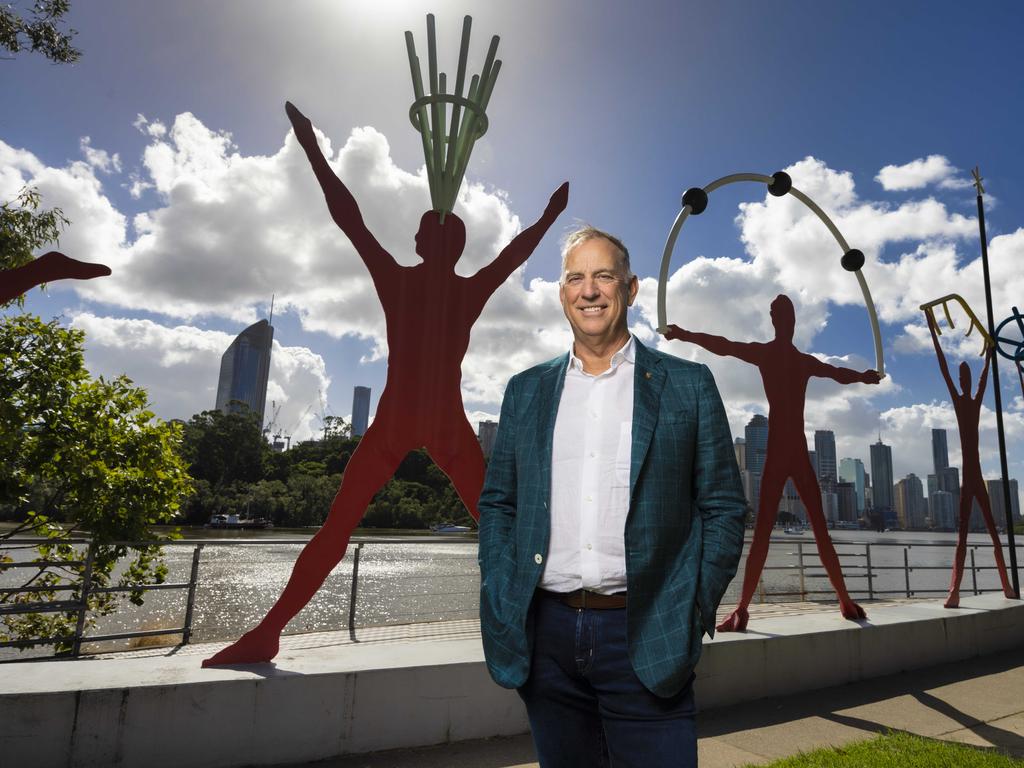
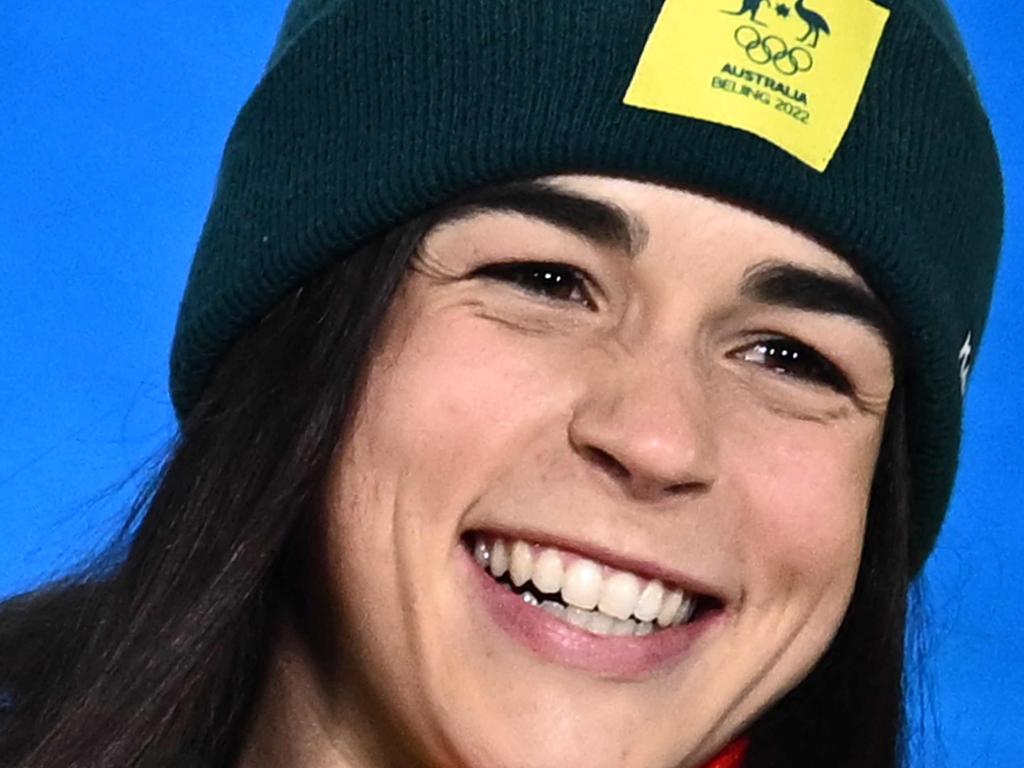
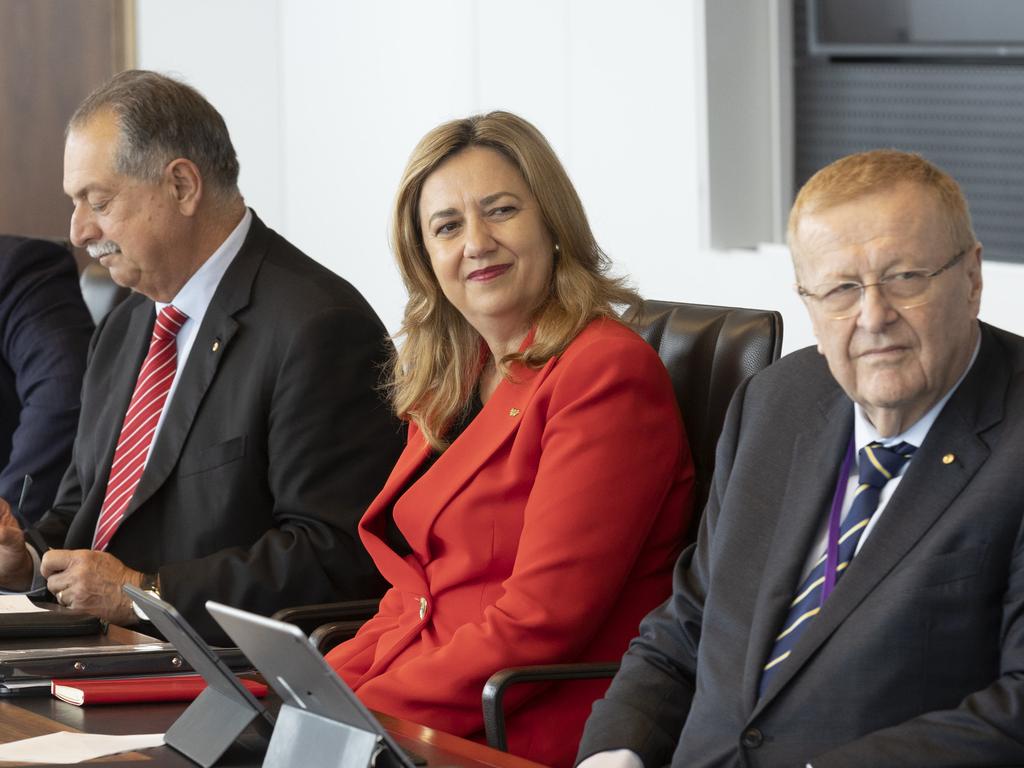


To join the conversation, please log in. Don't have an account? Register
Join the conversation, you are commenting as Logout